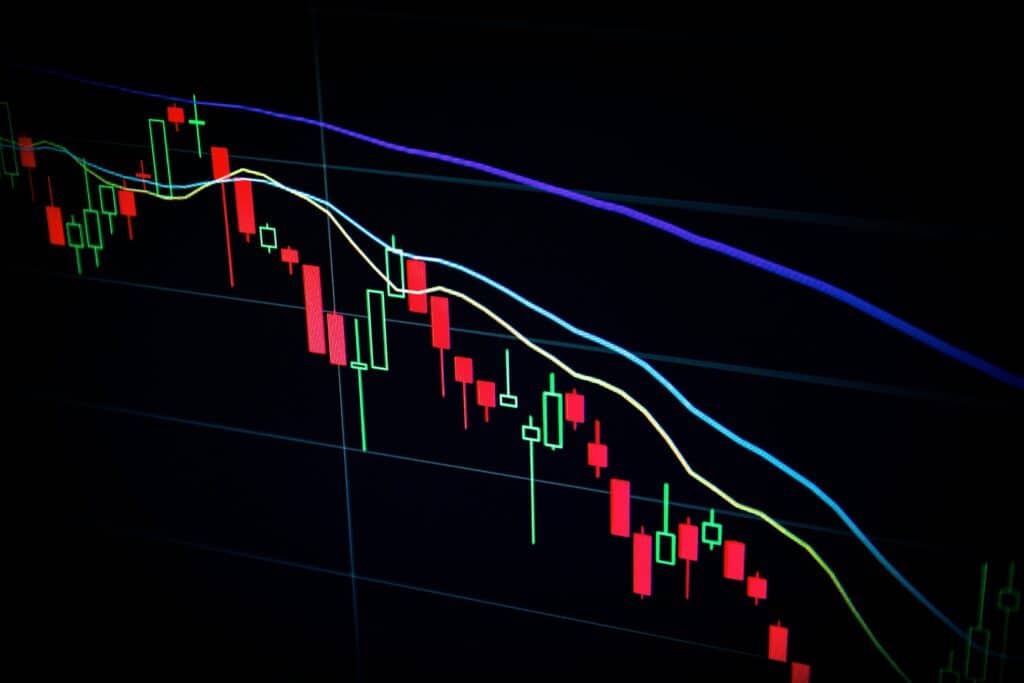Binary options trading has emerged as a popular financial instrument for traders looking for quick returns and straightforward trading decisions. However, the allure of potential high returns is often accompanied by significant risks.
Today, we’re on a mission. And the mission is to give you a complete understanding of how this financial instrument works, the risks and opportunities it involves, and how to avoid scams in binary options.

What are Binary Options?
At its core, a binary option is a financial option where the payoff is either a fixed monetary amount or nothing at all. This binary outcome gives the product its name. Traders speculate on the direction of an underlying asset’s price within a fixed time frame. The asset could range from stocks and commodities to currency pairs and market indices.
The simplicity of binary options lies in the trader’s task: predicting whether an asset’s price will rise or fall by the option’s expiry time. If the prediction is correct, the trader receives a predefined profit. If wrong, the trader loses the invested amount.
Understanding the Process
To trade binary options, you first select an asset and then decide whether you believe its price will rise or fall within a specified time frame. You then choose the amount to invest and wait for the option to expire. The expiry times can be as short as a minute or extend up to several months.
For example, if you predict that the price of gold will increase in the next hour and it does, you win a fixed amount. If it falls, you lose your investment.
Who Should Consider Binary Options?
Binary options might suit traders who prefer short-term trading and are comfortable with high-risk, high-reward scenarios. However, they are not suitable for those who are risk-averse or seek long-term investments.
The Rewards and Risks
The primary appeal of binary options is their straightforward nature and the potential for quick, high returns. Some of the rewards include:
- Simplicity: With just two possible outcomes, binary options are easier to understand and trade compared to traditional options.
- Defined Risk: You know exactly how much you can lose or gain before making a trade.
- Accessibility: They are accessible to a wide range of traders, not requiring a significant amount of capital to start.
- Quick Results: With short expiry times, binary options can offer quick returns.
Despite their apparent simplicity, binary options carry significant risks that must be understood:
- High Loss Potential: The probability of losing your entire investment in a single trade is high.
- Limited Regulation: The binary options market has faced criticism for poor regulation and the presence of fraudulent brokers.
- Market Volatility: Short-term market fluctuations can lead to quick losses.
- Over-Simplification: The simple nature of binary options can lead traders to overlook thorough market analysis.
Regulatory Concerns
Binary options trading, while popular, has drawn regulatory scrutiny worldwide, leading to a diverse legal landscape. Other than taking your time to carefully research brokers, you need to understand the legal landscape of binary options trading in your country. This is one of the easiest ways of avoiding scams.
If you live in a country that regulates the use of this financial, there’s generally less chance of coming across an unregulated broker. Binary trading is legal and regulated in:
- United States: Under the oversight of the CFTC and SEC, binary options are legal but restricted to regulated exchanges like Nadex.
- European Union: ESMA’s strict regulations allow binary options for professional traders only.
- Australia: ASIC regulates binary options, emphasizing consumer protection and transparency.
What about others?
- Canada: The legal status is unclear; while not outright banned, Canadian authorities warn against unregulated brokers.
- United Kingdom: Post-Brexit, the FCA oversees binary options but prohibits their sale to retail consumers.
- Other Countries: In many parts of Asia, Africa, and South America, regulations are not well-defined, posing increased risks for traders.
Before you decide to start trading binary options, make sure you can do that safely. While binary options trading offers an accessible gateway into the world of financial trading, it still has a pretty steep learning curve. Thorough education and cautious strategy are key to navigating the binary options market.

